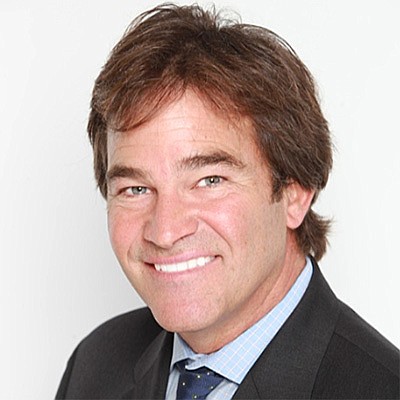In the past couple of decades, the growth rate of the United States has slowed to only about two thirds of its previous long-term growth trend and will likely continue to be curbed by the high levels of government debt and slower population and productivity growth, the chief economist for one of the South's biggest banks said Wednesday.
Gary E. Fullam, chief investment officer for GLOBALT Investments -a subsidiary of Synovus Corp - told a gathering of Chattanooga business leaders he is cautious about the growth of the economy and the stock market this year. But he said he still expects the longest post-World War II recovery to continue through at least 2019.
Unlike a decade ago when mortgage debt ballooned before the Great Recession, most consumers are in a better financial position today with the exception of those with student debt, which has ballooned to $1.5 trillion. But the biggest debt drag for the economy is the federal government, which has a national debt now exceeding $22 trillion and forecasts by the Government Accountability Office project continued deficit spending for the foreseeable future.
"We are 10 years into an economic expansion - one of the longest in history - yet we are running gigantic federal budget deficits," Fullam said during a presentation to business leaders during the annual Synovus Bank economic forecast breakfast for 2019. "Debt has exploded and is now over 200 percent of GDP."
Fullam said the increase in debt leaves the U.S. "in a fairly precarious situation" with "less and less cushion to do spending in our economy.
"When you have an extreme amount of debt, it's harder to go and grow your business or your personal spending," he said.
The Fed has raised rates nine times to boost the discount rate charged to Fed member banks from zero to 2.25 percent in what has been a 3-year extended tightening policy by the central bank. Fullam estimates only about half of the impact of those rate hikes has hit the economy so far.
But Fullam still expects the U.S. economy to outpace the rest of the world and continue to grow in the next year, albeit at a slightly slower pace.
"Our outlook is for the economy to continue to slow, not only globally but here in the U.S., probably for the next 12 months," Fullam said.
The nation's economy, as measured by the gross domestic product, is likely to grow 2.5 to 2.9 percent this year, Fullam said. In response, Fullam recommends an investment approach that overweights cash and underweights equities in the year ahead.
Even with the prolonged recovery and higher debt, Fullam said he still expects interest rates to remain historically low.
"We've been in a 36-year down trend in interest rates and we continue to believe that rates will stay extremely low for an extremely long time," he said.
Last year, there were more asset classes of stocks that dropped in value than in any previous year in the past 120 years, Fullam said.
But stocks still technically remain in a bull market - the longest now in history - and the Dow Jones Industrial Averate has bounced back so far in 2019 by nearly 11.3 percent to close Wednesday at 25,954.44.
Contact Dave Flessner at dflessner@timesfreepress.com or 423-757-6340.
